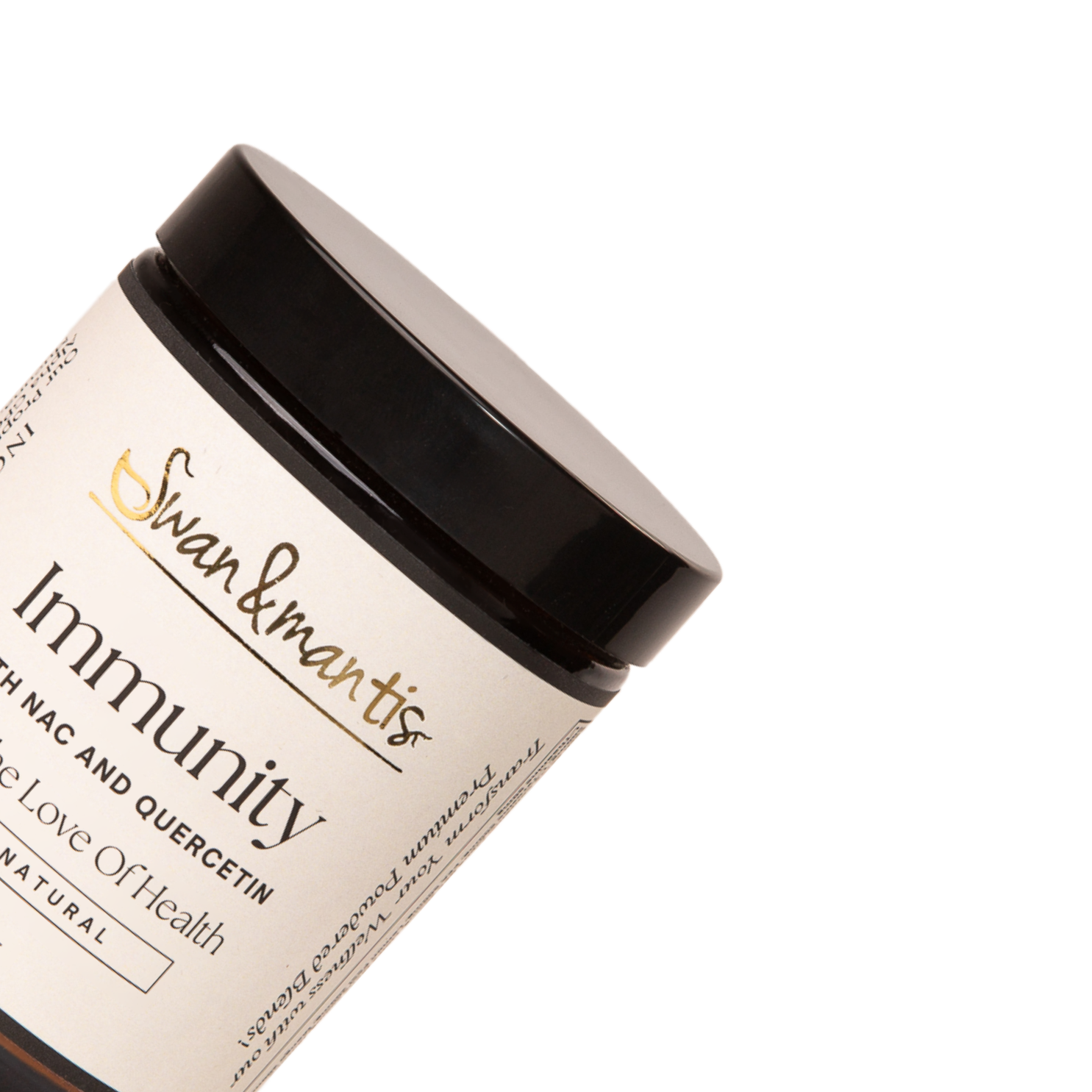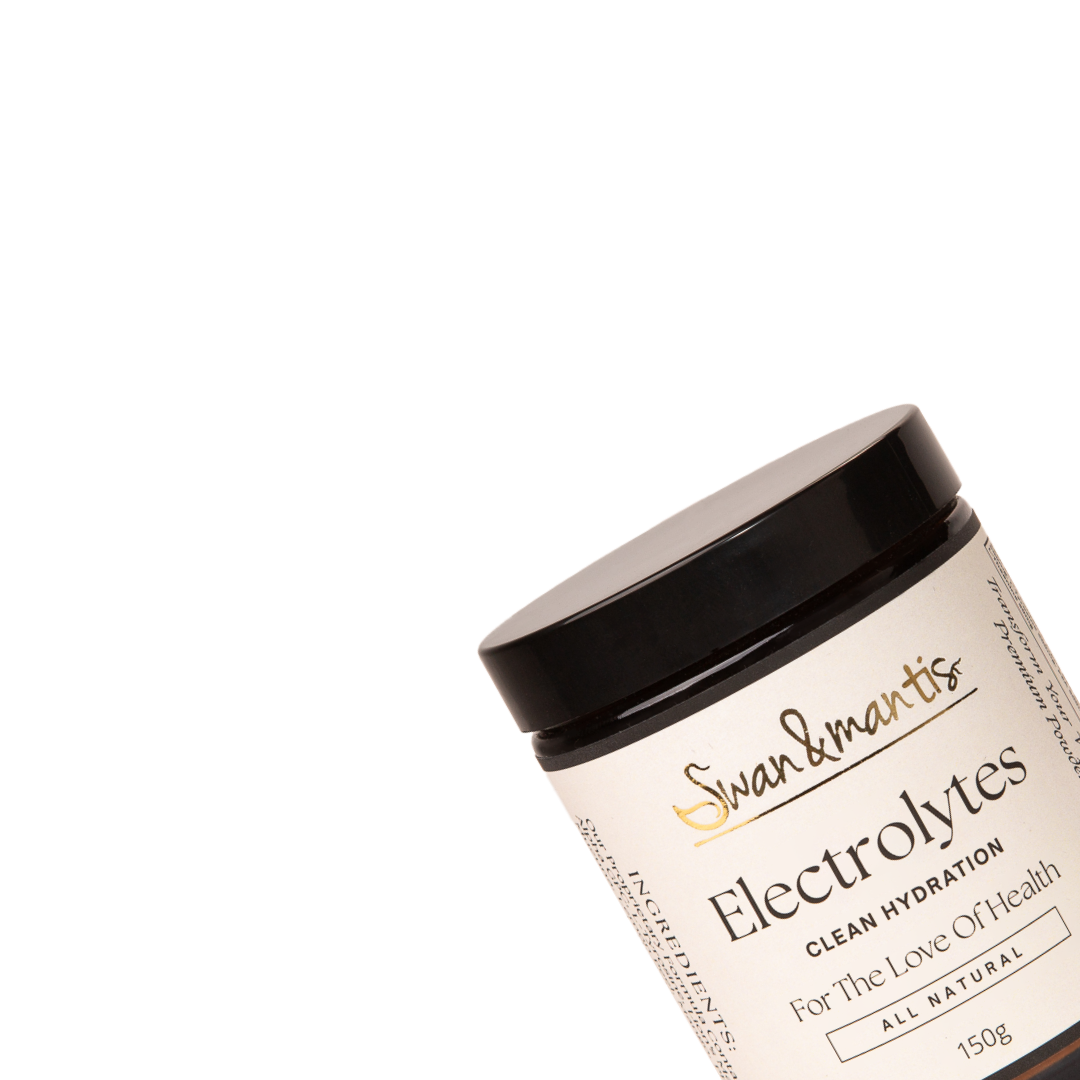Blood Type B
Blood Type B
According to Dr. Peter DÁdamo, author of Eat Right For Your Type, a chemical reaction occurs between your blood and the foods you eat. This reaction is part of your genetic inheritance. This reaction is caused by a factor called Lectins. Lectins, abundant and diverse proteins found in foods, have agglutinating properties that affect your blood. So when you eat a food containing protein lectins that are incompatible with your blood type antigen, the lectins target an organ or bodily system and begin to agglutinate blood cells in that area. Different lectins target different organs and body system.
Fortunately, most lectins found in the diet are not quite so life threatening, although they can cause a variety of other problems, especially if they are specific to a particular blood type. For the most part your immune systems protect you from lectins. Ninety-five percent of the lectins you absorb from your typical diets are sloughed off by the body. But at least five percent of the lectins you eat are filtered into the bloodstream and different reactions in different organs.
Your blood type diet is the restoration of your natural genetic rhythm. Your blood type diet works because you are able to follow a clear, logical, scientifically researched plan based on your cellular profile. Each food groups are divided into three categories: Highly beneficial ( food that acts like Medicine), Foods allowed (food that are no harm to the blood type) and Foods not allowed (food that acts like a Poison)
The sturdy and alert Type Bs are usually able to resist many of the most severe diseases common to modern life, such as heart disease and cancer. In fact, a Type B who carefully follows the recommended diet can often bypass severe disease and live a long and healthy life. Type Bs are more prone to immune-system disorders such as multiple sclerosis, lupus, and chronic fatigue syndrome.
For Type Bs, the biggest factors in weight gain are corn, buckwheat, lentils, peanuts and sesame seeds. These foods have different lectin that affect the efficiency of the metabolic process, resulting in fatigue, fluid retention, and hypoglycemia. The gluten lectin in wheat germ and whole wheat products also adds to the problems cause by other metabolism-slowing foods.
It is important to leave off chicken for Type Bs. Chicken contains a Blood Type B agglutinating lectin in its muscle tissue, which attack the bloodstream and potentially lead to strokes and immune disorders. Type Bs thrive on deep-ocean fish, but should avoid all shellfish. The shellfish contain lectins that are disruptive to the Type B system.
Type B is the only blood type that can fully enjoy a variety of dairy foods. Most nuts and seeds (especially peanuts, sesame seeds and sunflower seeds) are not advised for Type Bs., they contain lectins that interfere with Type B insulin production.
Wheat is not tolerated well by most Type Bs. They contain a lectin that reuce insulin efficiency and failure to stimulate fat "burning". Rye contains a lectin that settles in the vascular system, causing blood disorders and potentially strokes. Corn and buckwheat are major factors in Type B weight gain, they contribute to a sluggish metabolism, insulin irregularity, fluid retention, and fatigue.
Eliminate tomatoes completely from Type B diet. It has lectins that irritate the stomach lining. Fruits and vegetables are generally well tolerated and should be taken generously.
|
Characteristics of Type B - Best on Balanced Omnivores Diet |
||||
|
Comments |
Most Beneficial |
Food allowed |
Food not allowed |
|
|
Meat and Poultry |
These meats contains a Type B blood agglutinating lectin. |
Chicken, Cornish hens, Duck, Goose, Patridge, Quail, Pork |
||
|
These meats help to boost the immune system |
lamb, mutton, Venison, Rabbit |
|||
|
Give up chicken, but use these meats instead |
Beef, Pheasant, Turkey, Veal |
|||
|
Seafood |
Deep-ocean fish and white fish are great for Type Bs |
Cod, Salmon, Flounder, Halibut, Sole, Trout |
All kinds except those listed not allowed |
|
|
These seafood are poorly digested by Type Bs. They are disruptive to the Type B system. |
All Shellfish (crab, shrimp, lobster, mussels, oysters, crayfish, clam, etc), Anchovy, Barracuda, Beluga, Eel, Frog, Lox, Octopus, Sea bass, Snail, Striped bass, Turtle, yellowtail |
|||
|
Dairy |
Type B is the only blood type that can fully enjoy a variety of dairy foods. That's because the primary sugar in the Type B antigen is D-galactosamine, the very same sugar present in milk. |
Cottage cheese, Farmer, Feta, Goat cheese and milk, Kefir, Mozzarella, Ricotta, Milk, Yogurt |
All kinds except those listed not allowed |
American cheese, Blue cheese, Ice cream, string cheese |
|
Fats |
The oils not allowed contain lectins that are damaging to the Type B digestive tract. |
Olive |
Soy, Corn, Cottonseed, Peanut, Safflower, Sesame, Sunflower |
|
|
Nuts |
Most nuts and seeds are not advisable for Type Bs. They contain lectins that interfere with Type B insulin production |
All kinds except those listed not allowed |
Cashews, Filberts, Pine, Pistachio, Peanuts, Pumpkin seeds, Sesame seeds, Sunflower seeds |
|
|
Beans |
These beans interfere with the production of insulin for Type Bs. |
Lentils, garbanzos, black-eyed peas, Beans (pintos, aduke, Azuki, Black) |
||
|
Grains |
Wheat reduce insulin efficiency and failure to stimulate fat "burning" in Type Bs |
Wheat (bran, germ bulgur, durum, whole and white), Shredded wheat, Cream of wheat or any products such as flour, bread and noodles made with these grain products |
||
|
Rye contain a lectin that settles in the vascular system causing blood disorders and potentially strokes. |
Rye and any products such as flour, bread and noodles made with these grain products |
|||
|
These contribute to a sluggish metabolism, insulin irregulariry, fluid retention and fatigue. |
Buckwheat, Corn (cornflakes, cornmeal) and any products such as flour, bread and noodles made with these grain products |
|||
|
Millet, Oatmeal (Bran, flour), Puffed Rice, Rice (bran, flour), Spelt |
All kinds except those listed not allowed |
Amaranth, Barley, Kasha, Seven-grain, Wild rice, Couscous |
||
|
Bread |
Bread (Brown rice, Essence, Ezekiel, WASA), Fin Crisp, Millet, Rice cakes |
All kinds except those listed not allowed |
Bagels, Muffins (Corn and Bran), Bread (Multi-grain Rye, Whole wheat), Soba Nooldes, Wild Rice, Couscous |
|
|
Vegetables |
This vegetable contain a lectins that irritage the stomach lining of Type Bs. |
Tomatoes |
||
|
This vegetable has insulin- and metabolism-upsetting lectins for Type Bs |
Corn |
|||
|
The mold in this can trigger allergic reactions |
Olive |
|||
|
These vegetables contain magnesium, an important antiviral agent to help Type Bs fight off viruses and autoimmune diseases |
Green leafy vegetables |
All kinds except those listed not allowed |
Artichoke, Avocado, Corn, Olives, Pumpkin, Radishes, Sprouts, Tempeh, Tofu, Tomato |
|
|
Fruits |
Pineappple has enzymes that help Type Bs to digest their food more easily. |
Pineapples |
||
|
Avoid these fruits for they interfere with your digestive system |
Coconuts, Persimmons, Pomegranates, Prickly pear, Rhubarb, Starfruit |
|||
|
Bananas, Cranberries, Grapes, Papaya, Plums |
All kinds except those listed not allowed |
|||
|
Spices |
Sweet herbs tend to be stomach irritants to the Type Bs |
Barley malt sweeteners, corn syrup, Cornstarch, Cinnamon |
||
|
Type B do best with warming herbs |
Ginger, horseradish, curry, cayenne pepper |
All kinds except those listed not allowed |
||
|
Avoid these spices also |
Allspice, Almond extract, Gelatin, Pepper (black and white) |
|||
|
Condiments |
Ketchup |
|||
|
Beverages |
Generally Type Bs don't reap overwhelming benefits from most herbal teas. |
Ginger, Peppermint, Raspberry leaf, Rose hips, Sage, Green Teas |
Aloe, Coltsfoot, Corn silk, Fenugreek, Gentian, Goldenseal, Hops, Linden, Mullein, Red clover, Rhubarb, Senna, Shepherd's purse, Skullcap |
|
|
This is highly recommended for Type Bs because it seems to have a positive effect on the nervous system. |
Ginseng |
|||
|
This has antiviral properties. |
Licorice |
Distilled liquor, Seltzer water, Soda |
||


